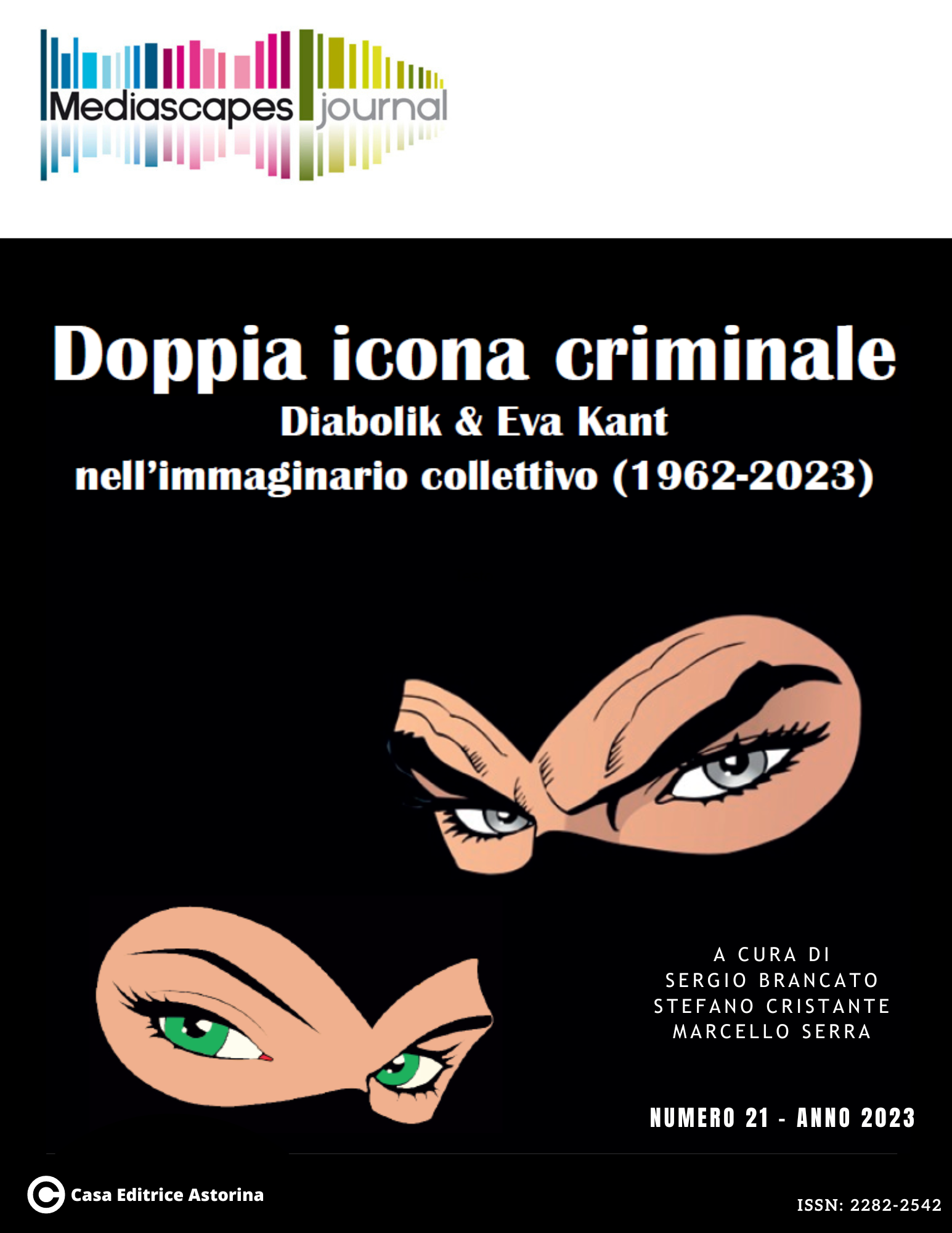Smart working during the Covid19 pandemic in Italy
Twitter narratives in female-centered communities
Parole chiave:
smart working, Twitter, Work-life balance, social network analysis, digital methodsAbstract
While the recent pandemic has accelerated the spread of smart working dynamics in Italy, social media increased their importance as platforms to vehiculate information and points of view and shape public opinion. In the face of extended confinement and a looming health crisis, society has had to fundamentally rethink its daily work practices, social relations, family relationship management, and work-life balance. As a result, the radical and abrupt migration to networked platforms has been a disruptive and unprecedented phenomenon. We aimed to investigate the Twitter debate on smart working during the pandemic by focusing mainly on social concerns and thematics related to work-life balance by addressing the following research questions: RQ1: How was the topic of smart working debated on Twitter during the Covid19 pandemic (2020-2021) in Italy, and which narratives and issues fuelled the debate the most? RQ2: How the public debate has received the Italian government's work-life balance measures?RQ3: Which topics were most discussed by women on smart working?
We used Digital Methods to cope with re-proposing data to depict collective phenomena, social transformations, and cultural expressions by analyzing natively digital data on social media platforms.
We gathered more than 750.000 tweets between 28 February 2020 and 30 November 2021, and we mapped narratives and communities by using social network analysis. This allowed for the selection of the more intriguing ones to define various sub-datasets on which to conduct a topic modeling study, which aided in understanding more nuanced aspects of the highly fragmented topic. By studying the italian debate, we identified specific communities which debated government measures to help families during the pandemic and discussed digitalization and smart working as a new paradigm for work. We found DAD (Didactic at Distance, aka homeschooling) as a transversal topic that highly affected how people experienced smart working.
##submission.downloads##
Pubblicato
Come citare
Fascicolo
Sezione
Licenza

TQuesto lavoro è fornito con la licenza Creative Commons Attribuzione 4.0 Internazionale.
Gli autori che pubblicano su questa rivista accettano le seguenti condizioni:
- Gli autori mantengono i diritti sulla loro opera e cedono alla rivista il diritto di prima pubblicazione dell'opera, contemporaneamente licenziata sotto una Licenza Creative Commons - Attribuzione che permette ad altri di condividere l'opera indicando la paternità intellettuale e la prima pubblicazione su questa rivista.
- Gli autori possono aderire ad altri accordi di licenza non esclusiva per la distribuzione della versione dell'opera pubblicata (es. depositarla in un archivio istituzionale o pubblicarla in una monografia), a patto di indicare che la prima pubblicazione è avvenuta su questa rivista.
- Gli autori possono diffondere la loro opera online (es. in repository istituzionali o nel loro sito web) prima e durante il processo di submission, poiché può portare a scambi produttivi e aumentare le citazioni dell'opera pubblicata (Vedi The Effect of Open Access).


